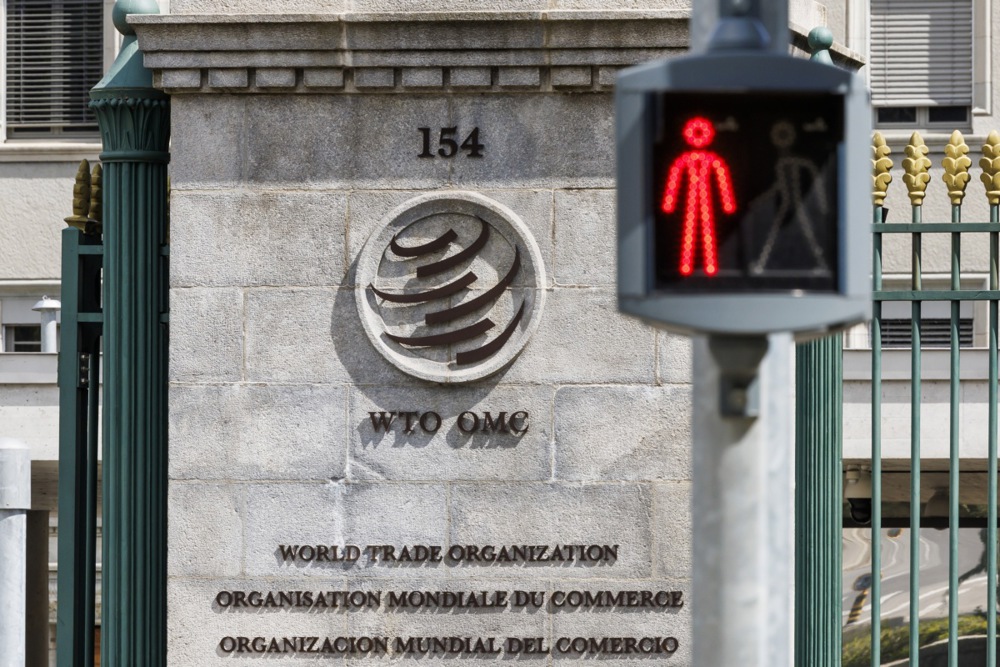France will challenge China over its import duties on brandy, which Paris calls political and unjustified, when junior trade minister Sophie Primas visits Shanghai next week, two French diplomatic sources said on October 29.
China imposed temporary anti-dumping measures on brandy from the European Union early this month after the bloc voted for tariffs on Chinese-made electric vehicles (EVs).
The measures have hit French cognac hardest.
Sophie Primas, minister delegate for foreign trade, will meet China’s commerce minister Wang Wentao during a three-day visit to Shanghai from November 3 to November 5 during which she will visit the China International Import Expo (CIIE), the sources said.
One diplomat described the Chinese measures as acts of retaliation that lacked justification and which were an “unacceptable manipulation of trade rules”.
The European Commission said it would challenge the provisional anti-dumping measures on EU brandy imports at the World Trade Organization.
French Cognac shipments to China reached $1.7 billion last year, which accounted for 99 per cent of the country’s brandy imports.
China’s move prompted an outcry in the French Cognac industry, for whom China is the second largest export market after the United States, and the most profitable one.
France was among the strongest supporters of European tariffs on Chinese-made EVs. The additional duties of up to 35 per cent are expected to come into effect from October 31.
“China wants to make France pay,” the same diplomat said.
Sophie Primas will also meet representatives from the dairy and meat sectors.
Beijing opened an anti-subsidy probe into imported EU dairy products in August and an investigation focusing on pork intended for human consumption in June.
Trade tensions between Brussels and Beijing appear to be deteriorating, with China opening an anti-dumping investigation into EU subsidies for certain dairy products. https://t.co/2zit16HsFl
— Brussels Signal (@brusselssignal) August 21, 2024





